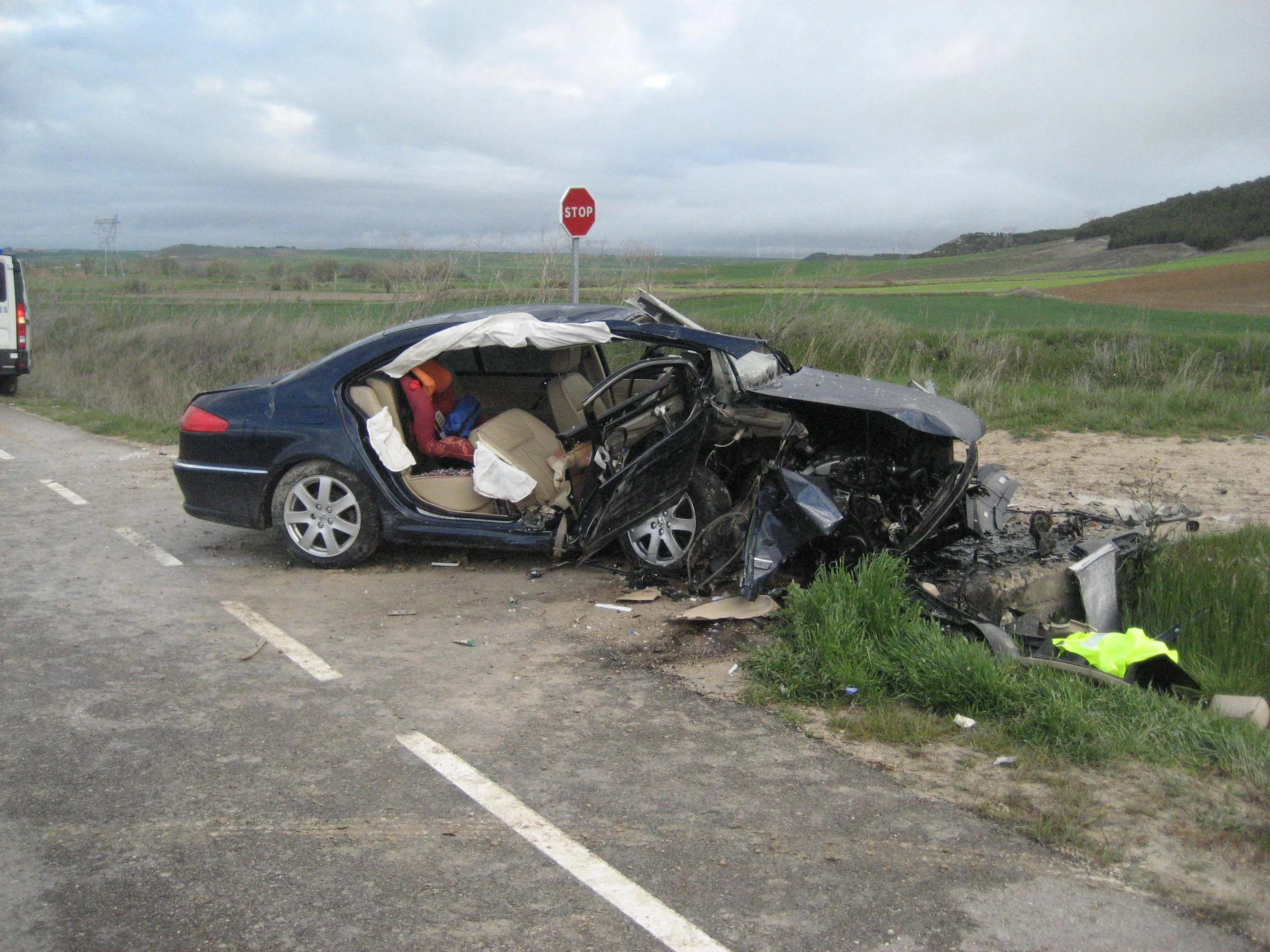The Metropolitan Police in London, England is reported to be considering the option of pursuing the first ever corporate manslaughter charge against a highways authority.
Twenty-four-year-old cyclist Deep Lee was killed in a collision with a lorry at the junction of Pentonville Road and York Way in King’s Cross last October.
An independent consultants’ report on pedestrian safety in 2008 had warned the capital’s highways authority, Transport for London (TfL), that the junction at York Way needed prope
April 19, 2012
Read time: 2 mins
The 5059 Metropolitan Police in London, England is reported to be considering the option of pursuing the first ever corporate manslaughter charge against a highways authority.
Twenty-four-year-old cyclist Deep Lee was killed in a collision with a lorry at the junction of Pentonville Road and York Way in King’s Cross last October.
An independent consultants’ report on pedestrian safety in 2008 had warned the capital’s highways authority,2387 Transport for London (TfL), that the junction at York Way needed proper calming measures and should be redesigned. The section where Ms Lee was killed was identified as an “absolute priority”.
Quoted in The Times, the Metropolitan Police’s Road Death Investigation Unit head Detective Chief Inspector John Oldham said: “There is a portfolio of offences that might have occurred. Obviously corporate manslaughter is one of them.”
However, DCI Oldham said there were problems associated with bringing a successful prosecution under the appropriate legislation, the Corporate Manslaughter and Corporate Homicide Act 2007, which he described as “a badly drafted Act; there are loopholes everywhere.”
TfL’s London Cycling Design Standards state that widths of less than 4metres to 4.5metres per lane “should be avoided except on narrow quiet roads”.
Last month, London Assembly members quizzed the city’s mayor Boris Johnson on whether the junction met TfL’s own safety standards. In reply, he highlighted that the junction’s layout had been put in place prior to the publication of the Standards document which was a “best practice document intended to ensure that consistently high standards are applied to new schemes in order to reduce barriers to cycling”.
A design for cycle improvements at the York Way-Pentonville Road junction is due to be completed before the Olympics in London this summer
Twenty-four-year-old cyclist Deep Lee was killed in a collision with a lorry at the junction of Pentonville Road and York Way in King’s Cross last October.
An independent consultants’ report on pedestrian safety in 2008 had warned the capital’s highways authority,
Quoted in The Times, the Metropolitan Police’s Road Death Investigation Unit head Detective Chief Inspector John Oldham said: “There is a portfolio of offences that might have occurred. Obviously corporate manslaughter is one of them.”
However, DCI Oldham said there were problems associated with bringing a successful prosecution under the appropriate legislation, the Corporate Manslaughter and Corporate Homicide Act 2007, which he described as “a badly drafted Act; there are loopholes everywhere.”
TfL’s London Cycling Design Standards state that widths of less than 4metres to 4.5metres per lane “should be avoided except on narrow quiet roads”.
Last month, London Assembly members quizzed the city’s mayor Boris Johnson on whether the junction met TfL’s own safety standards. In reply, he highlighted that the junction’s layout had been put in place prior to the publication of the Standards document which was a “best practice document intended to ensure that consistently high standards are applied to new schemes in order to reduce barriers to cycling”.
A design for cycle improvements at the York Way-Pentonville Road junction is due to be completed before the Olympics in London this summer






